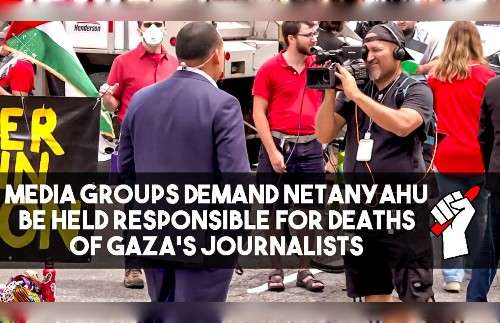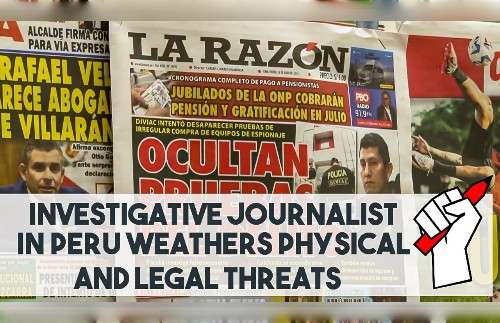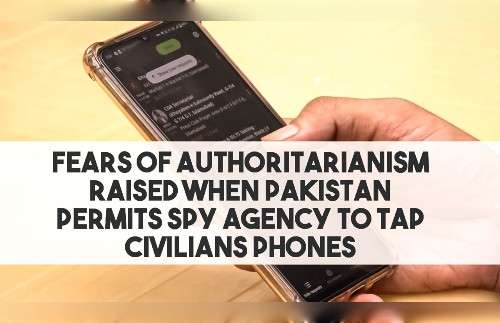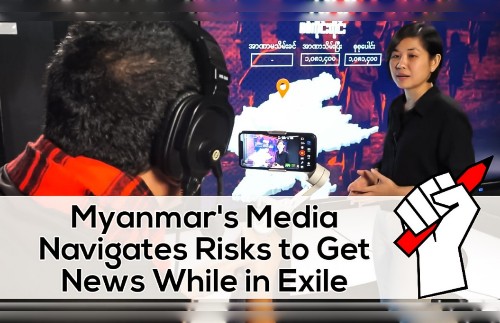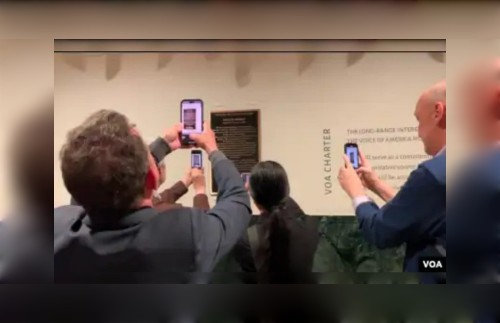The investigation into charges of ‘endangering state security’ is still ongoing, despite calls for her release.
By Fong Tak Ho and Jojo Man for RFA Cantonese

Bloomberg journalist Haze Fan has been released on bail, but still faces charges of “endangering state security,” according to the Chinese Embassy in Washington.
“Chinese citizen [Haze] Fan Ruoyi was arrested by China’s state security authority last July on suspicion of committing crimes endangering national security,” the embassy said in a statement in response to a full-page ad in the Washington Post protesting her ongoing detention on World Press Freedom Day.
“At the request of Fan’s lawyer, China’s state security authority decided to release her on bail in January 2022 pending trial,” the statement said, rejecting the idea that the case had anything to do with press freedom. “The case is still under investigation.”
The New York-based Committee to Protect Journalists (CPJ) has called for Fan’s immediate and unconditional release, saying the allegations against her have no credibility.
While foreign journalists have long faced challenging conditions under CCP rule, now they are also dealing with growing hostility and intimidation, including online stalking, smear campaigns, hacking and visa denials, the Foreign Correspondents’ Club of China (FCCC) said in its annual report in February 2022.
More than 60 percent of respondents had been obstructed by police or officials last year, while almost all journalists who went to Xinjiang were visible followed throughout their trips, while more than a quarter said their sources had been detained, harassed or questioned more than once following interviews.
There is also a growing legal threat for journalists working in China, with the authorities encouraging a spate of lawsuits or the threat of legal action against foreign journalists, typically filed by sources long after they have explicitly agreed to be interviewed, the report said.
It said “state-backed attacks” including online trolling of foreign journalists are also on the increase.
Embattled Hong Kong media
Ronson Chan, who has announced he will run for another term as president of the embattled Hong Kong Journalists’ Association (HKJA), told RFA he felt obliged to stay in the city despite a crackdown on pro-democracy media organizations under a draconian national security law imposed by the ruling Chinese Communist Party (CCP) from July 1, 2020.
Investigations by national security police have already sparked the forcible closure of Jimmy Lai’s Next Digital media empire, including the pro-democracy Apple Daily newspaper, as well as the closure of Stand News and Citizen News, and the “rectification” of iCable news and government broadcaster RTHK to bring them closer to Beijing’s official line.
Hong Kong recently plummeted from 80th to 148th in the 2022 Reporters Without Border (RSF) press freedom index, with the closures of Apple Daily and Stand News cited as one of the main factors.
“I [had previously] said I wouldn’t actively seek re-election,” Chan told RFA. “By that I meant that I would step down if anyone else was willing to do it.”
Chan, who has plans to study at Oxford in October, said he would consider how to fulfill the role from the U.K. later.
“As for the [political] pressure, it’s pretty much the same as before,” he said. “[It] has neither increased nor decreased.”
“When I started working as a journalist, it wouldn’t have been my choice to emigrate, or to go overseas to study for a long period of time,” he said.
“Actually, I actively chose to stay in Hong Kong and share its fate.”
‘Dignified existence’
Chan said his aim in continuing to lead the HKJA was to enable the union to “maintain a dignified existence.”
He cited the criminalization of journalists who use public websites to conduct vehicle registration and business-related searches for the purposes of researching stories.
RTHK documentary producer Bao Choy was arrested on suspicion of road traffic violations relating to vehicle registration searches used in the program, and later fined by a court.
The Hong Kong Connection TV documentary titled “7.21 Who Owns the Truth?” showed clips from surveillance cameras at shops captured during the July 21, 2019 mob attacks on passers-by in Yuen Long and interviewed people who were identified in the footage.
Its airing forced police to admit that they already had a presence in the town, but did nothing to prevent the attack, following initial denials.
Translated and edited by Luisetta Mudie.
Copyright © 1998-2020, RFA. Used with the permission of Radio Free Asia, 2025 M St. NW, Suite 300, Washington DC 20036. https://www.rfa.org






